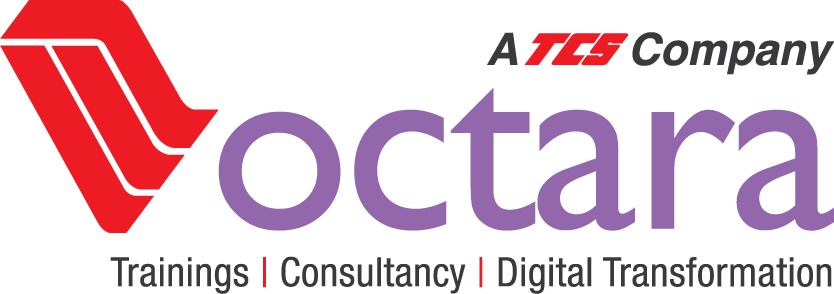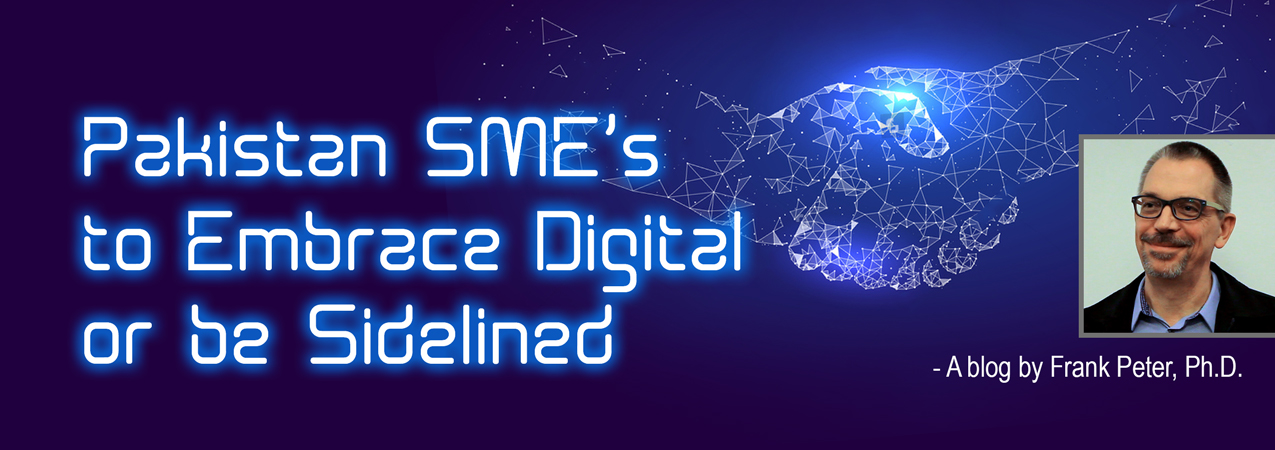
“Don’t judge a book by its cover.” That’s a piece of advice that we’ve all heard, but do you follow it?
When I was writing my first book, my writing coach taught me to think: title, cover, inside flap, table of contents. He told me that a book needs to stand out in the midst of thousands of others on store shelves. Essentially, what he was saying is that people do judge a book by its cover, or at least, that the cover informs a person’s engagement with a book.
But that’s not completely true. And it certainly shouldn’t be.
Imagine if the world had judged the likes of Charles Dickens, Mark Twain, and Ernest Hemmingway on the aesthetics of their books’ front covers? Early editions of their works were often encased in pictureless, dull brown leather binding—hardly the kind of covers to capture the imagination.
Thankfully, in the world of literature, we do tend to delve a little deeper, flicking through the pages of a book and maybe even taking a sneak peek at the closing chapter. Yet, the same cannot be said for life outside of the written word. Out there, we are ruthless.
As readers, we give books a chance. Yet, we are far less forgiving on the streets, in the workplace and via digital screens. We pass judgement on a constant basis, whether out loud or silently in our own heads. What’s more, we make little or no effort to venture beyond the “book cover.” For some people, judging others at first glance is an unavoidable part of human nature. For others it’s akin to a guilty pleasure –a pastime that they relish.
How many times have you made a snap judgement about the person sitting opposite you and proceeded to imagine what they do, where they live and what they are like, based on appearance, and appearance alone?
For the most part, the everyday judgments we make about the people around us are harmless, rarely leaving the confines of our brains or the walls of our homes. However, in the workplace, judging a book by its cover can lead to missed opportunity, misinformation, or even fatal business mistakes.
The dreaded job interview is perhaps the stage where judgment is most harshly handed down, and the area is becoming greyer and murkier for those responsible for hiring. Once upon a time, age, social class and formal education determined who could do what, but the lines are blurring. These days, teenagers in t-shirts and jeans—the kind who might not make it to the interview stage for a job at a local store—can now build global tech firms and billion-dollar business empires. We write them off at our peril.
Of course, judgment is an integral part of leadership, but the judgements we make should be based on sound research and solid facts, not gut feelings and first impressions. Sure, going with your gut or following your instincts may pay off some of the time, but not every time. That’s just another drawback of being human—and it’s one that we have to overcome, frankly, by making an effort—and by embracing artificial intelligence (AI).
We all know that objectivity is essential to sound decision-making, but that requires work. To be objective, we first have to learn, read up, listen to others and take the time to understand what a person or topic is all about. It might all seem obvious, but how many of us actually lead that way?
It is on the objectivity front that AI can help a leader to excel. Systems driven by AI can absorb and analyse vast pools of data on people, processes and company performance, without the interference of human bias that can skew and sway results.
The challenge then, is for us mere mortals to continue where the AI insights end, and act with objectivity and an open mind.
Don’t judge a book by its cover; take the time to turn the page.



